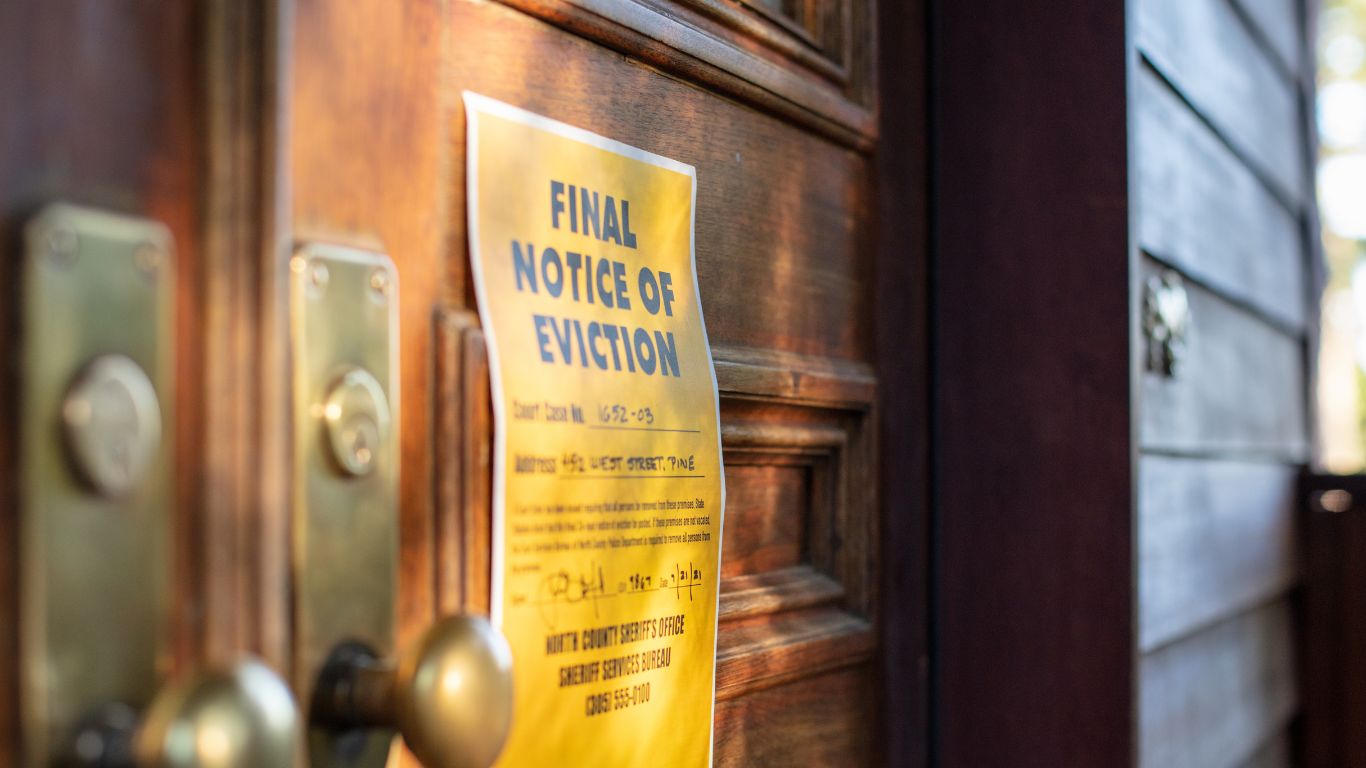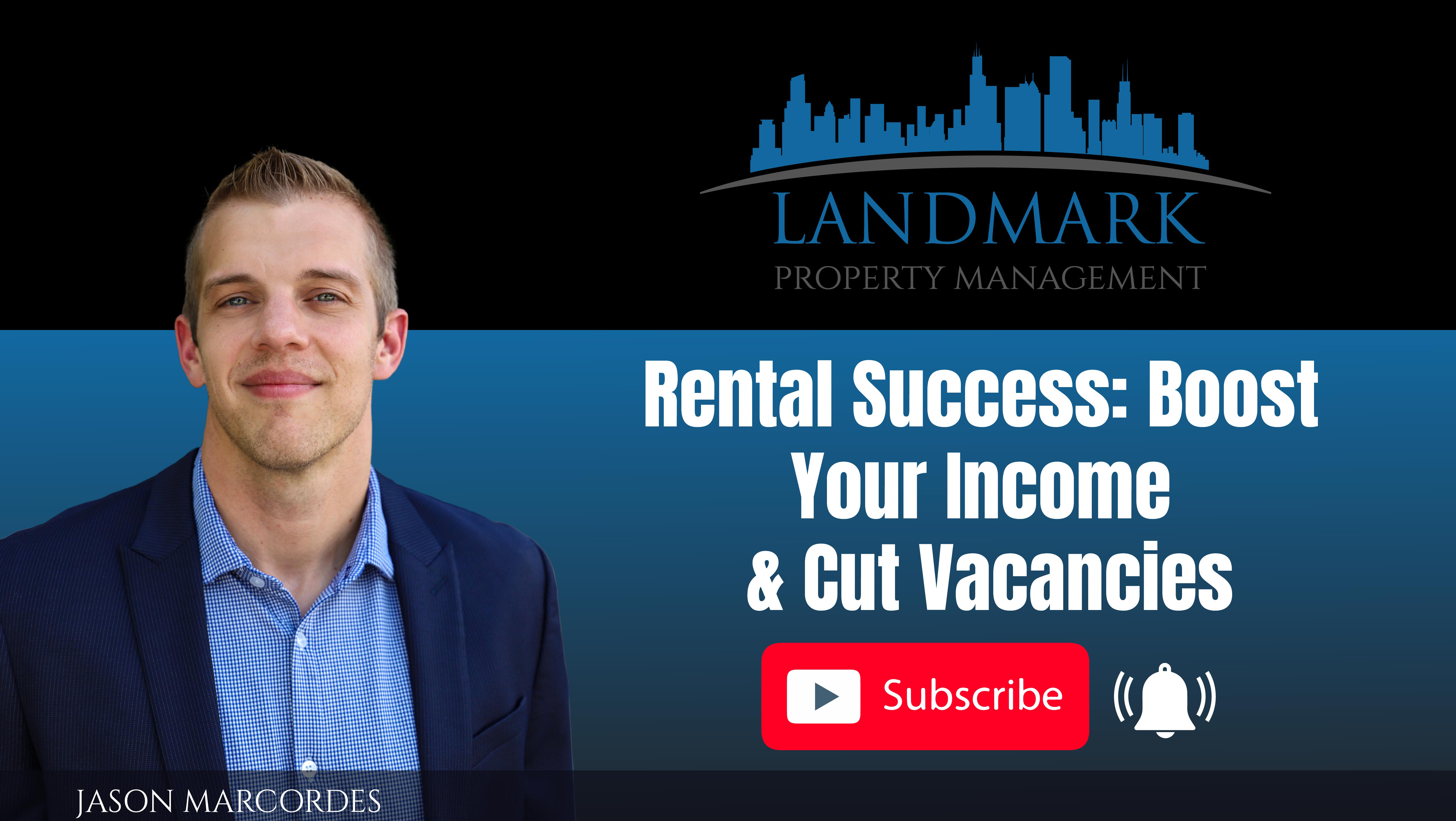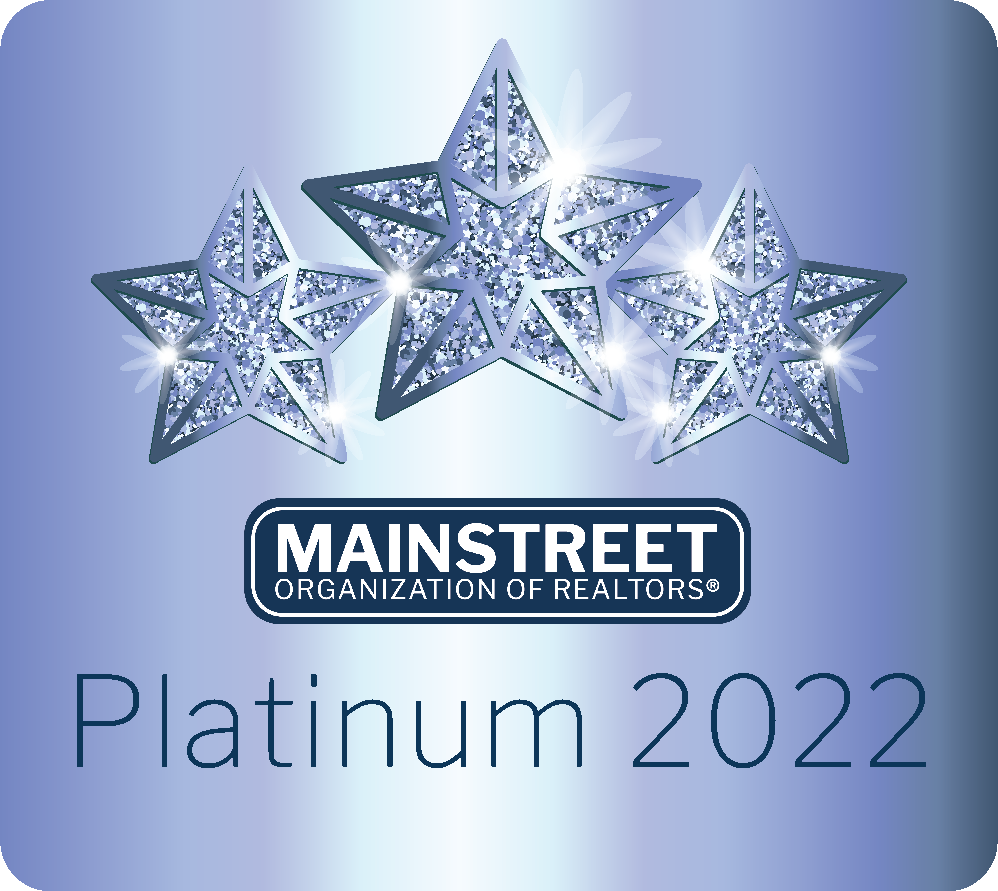The Windy City is a great place to live and invest. Finding the right insurance policy is an important step to protect your rental property from liability.
If you occasionally rent out a room in your primary residence, then homeowners insurance might work for you, but if you’re renting your house, a vacation home, or other investment property for an extended period of time, then we highly recommend purchasing landlord insurance.
Landlord insurance is designed to protect your property during occupancy. In contrast, homeowners insurance will not cover many losses incurred while the home is rented, and the property must be your primary residence to qualify for homeowners insurance.
When looking for the best insurance policy for your rental property, it’s important to understand what is covered in a basic policy. Here is a quick list of the basic protections you’ll get from your landlord insurance policy.
Basic Landlord Insurance Protections
Property Coverage from Certain Perils - Things like fire, flood, or snow damage
Coverage for additional property structures such as garages or sheds
Coverage for property maintenance tools - things like lawnmowers or gardening equipment
Landlord liability coverage - In the case a tenant or one of their guests is injured on your property, this would cover legal fees and medical expenses
Coverage for loss-of-rent - In the event your property is damaged by a covered peril and undergoing repairs, you will be reimbursed for lost income. Make sure to ask your insurance provider if there’s a lapse in coverage if the property sits vacant, and if so, for how long. Some policies will terminate if the property sits vacant for too long.
This is only a basic list. There are many different policies that can be tailored to your specific needs. For example, if your rental property has a swimming pool or playground, then you might consider a policy designed for additional risks. Make sure to shop around for the right policy for you, and talk with a local agent about your options.
Landlord Insurance is Important
According to the Insurance Information Institute, landlord policies generally cost around 25% more than homeowners insurance to account for the increased coverage. Although there is a higher cost, it’s worth it. Since you’re not living in the rental home, or maybe even in the same city, you have to rely heavily on your renters to let you know when a problem arises. This includes storm damage, water leaks, or other issues. Renters might not recognize when something needs your attention, and consequently, the problem could become worse from neglect. Landlord insurance will help lower your risk for lofty expenses.
What About Renters Insurance?
Landlord insurance covers the physical structure of your property and your associated financial investments, but it does not extend to the personal belongings of your tenants. This is where renters insurance comes in. Renters insurance covers the contents, or personal property, inside the building. Just as landlord insurance protects the landlord, renters insurance protects the tenant.The state of Illinois and the city of Chicago do not require renters insurance. However, as a landlord, you can require renters insurance as a term for leasing--we highly recommend that you do. Requiring renters insurance will prevent messy and time consuming disputes from damages to your property and the renter’s belongings.
Here’s a short list comparing landlord and renters insurance.
Landlord Vs Renter’s Insurance
It’s also important to note renters insurance is cheaper than landlord insurance. In Chicago, the average rental insurance policy costs $185 annually. This is a few dollars less than the national average.
For more information about insurance options or questions about finding the policy that’s right for you, talk with a local insurance provider or give us a call. We are happy to help!














